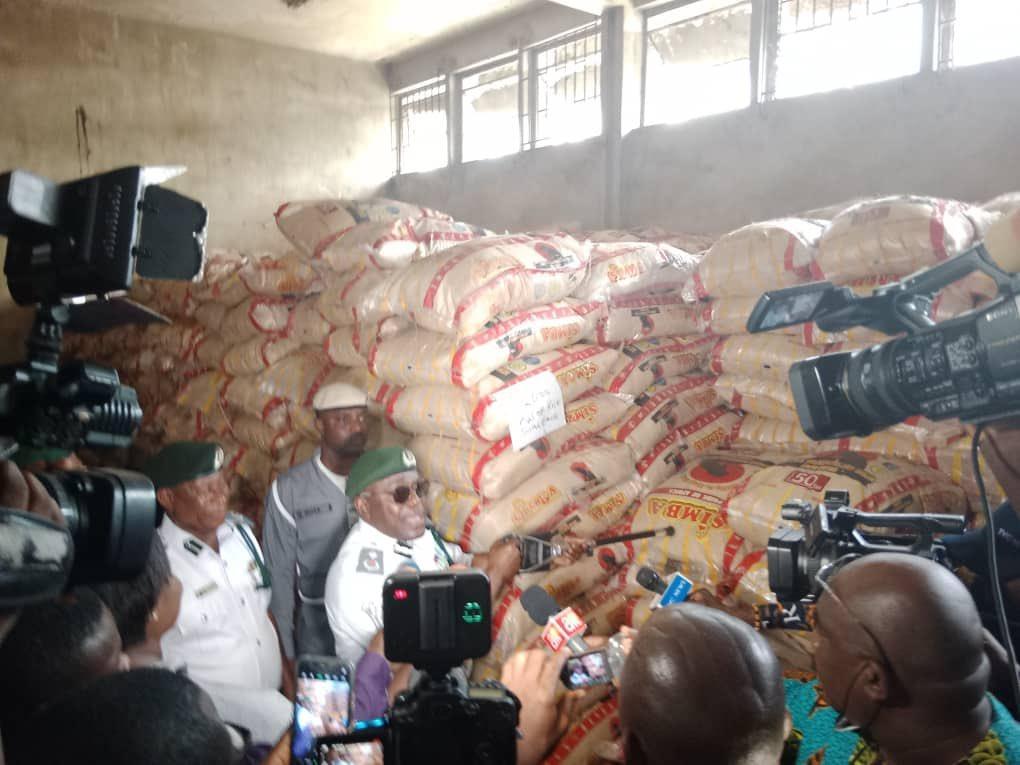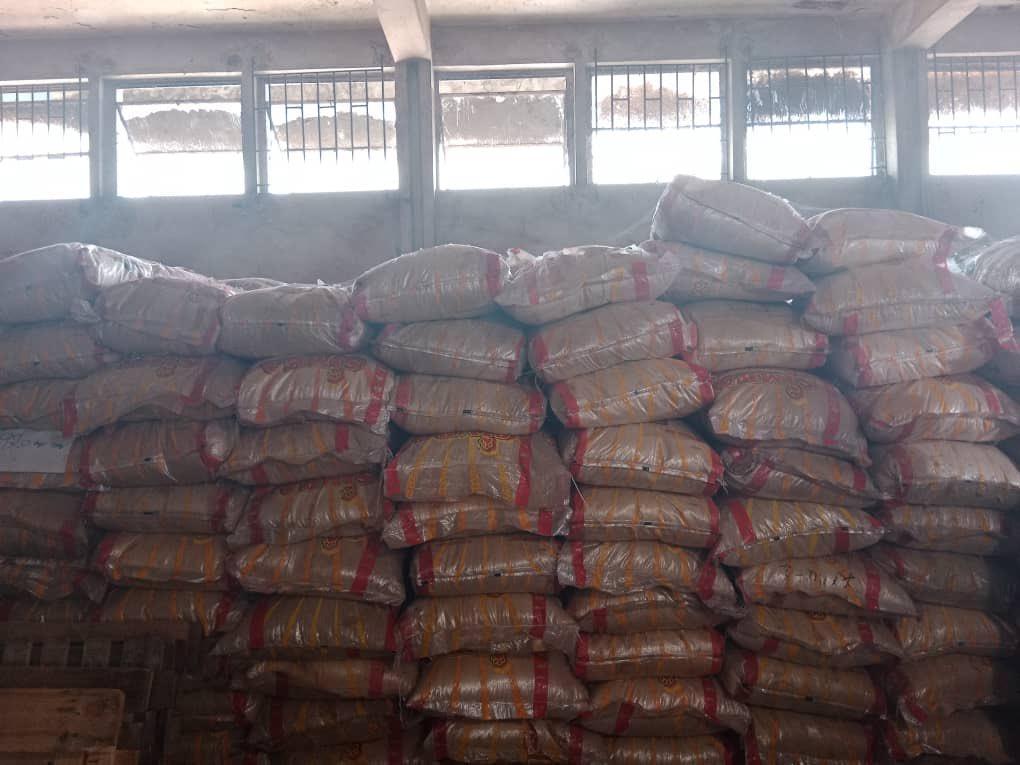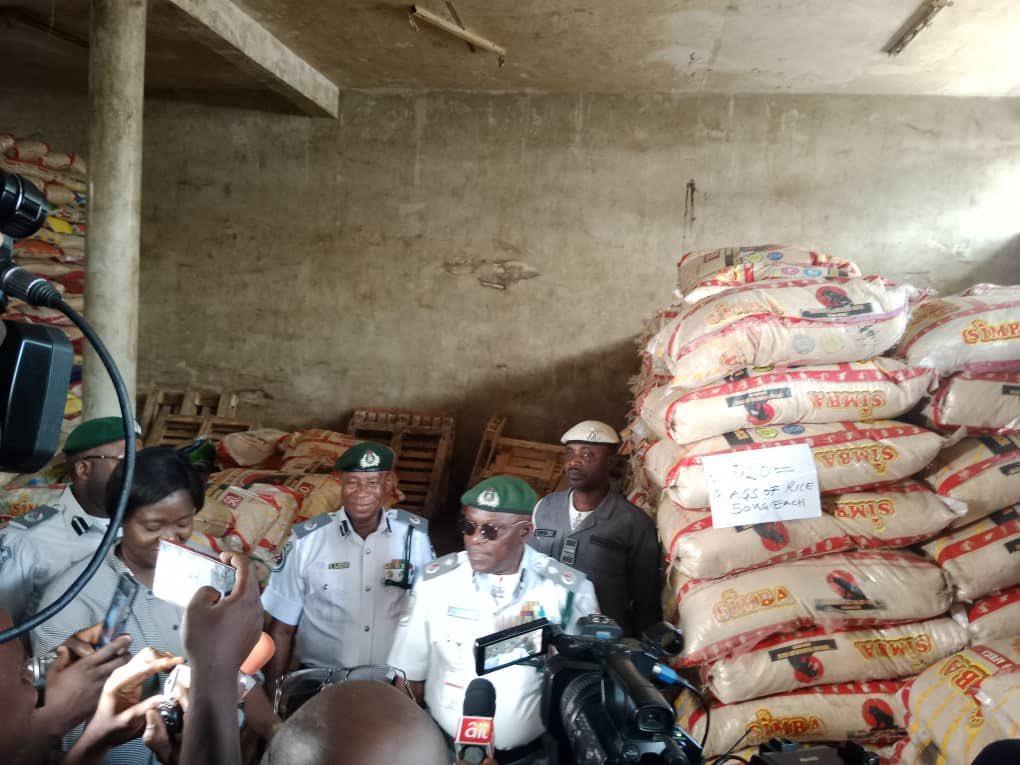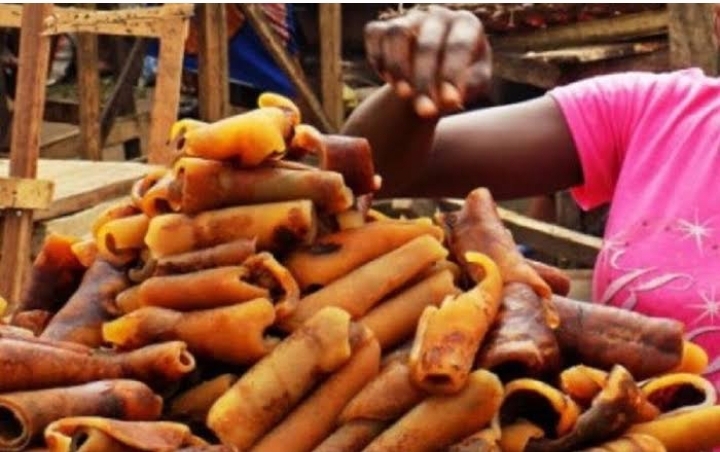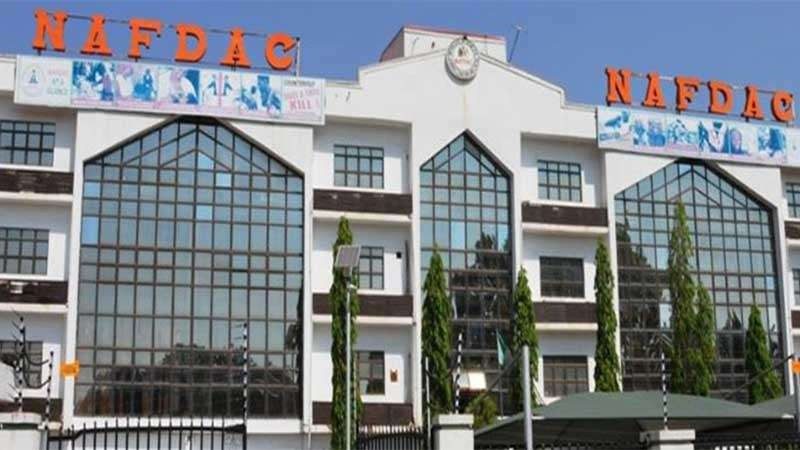The National Agency for Food and Drug Administration and Control (NAFDAC) has again raised an alarm over the practice of adding hypo-chloride to Fufu, also known as Akpu.
TheNewsGuru.com (TNG) reports Director General of NAFDAC, Prof. Mojisola Adeyeye gave the warning on Monday in Abuja while warning Nigerians to desist from the habit of adding chemicals to food for whatever reasons.
Adeyeye was reacting to alleged mixing of chemicals like Jatropha Curcas leaves, hypo detergent and potash with Akpu, which is also known as Fufu, to make it rise, be soft and ferment.
Such practice was allegedly done in some parts of Ondo and Ekiti states, especially in the popular Fufu Market at Oke Lisa Street, Adjacent A-Division in Akure.
The practice was also alleged to be going on at Ilu-Abo, Owode, Ogbese, Igbara-Oke, Igbara-Odo, Ifaki-Ekiti, Oba-Ile, all in Ondo and Ekiti, to make more gains.
The NAFDAC director-general said that the agency was aware of the alleged practice and warned those indulging in the act to desist.
She said that the agency recently signed a Memorandum of Understanding (MoU) with the National Youth Service Corps (NYSC) where youth corps members would be made to sensitise citizens on such practices at the grassroots.
She added that “it is true what some people do, but it is not all Fufu that have hypo-chloride in it.
“This is why the engagement of the corps members is necessary, to explain to the people that they don’t need to add any chemical, except salt and sugar and must also be minimised.
“Too much salt could cause hypertension later-on in life, too much sugar, you are playing with diabetics, you don’t have to put chemical on food to make it to rise or whatsoever reasons.
“Fufu has been an ancient food and chemical had never been added to it.
“I don’t know what these people actually mean, may be to make it to rise or soften it, this has affected so many people’s health but the NYSC will be at hand to educate the people.

